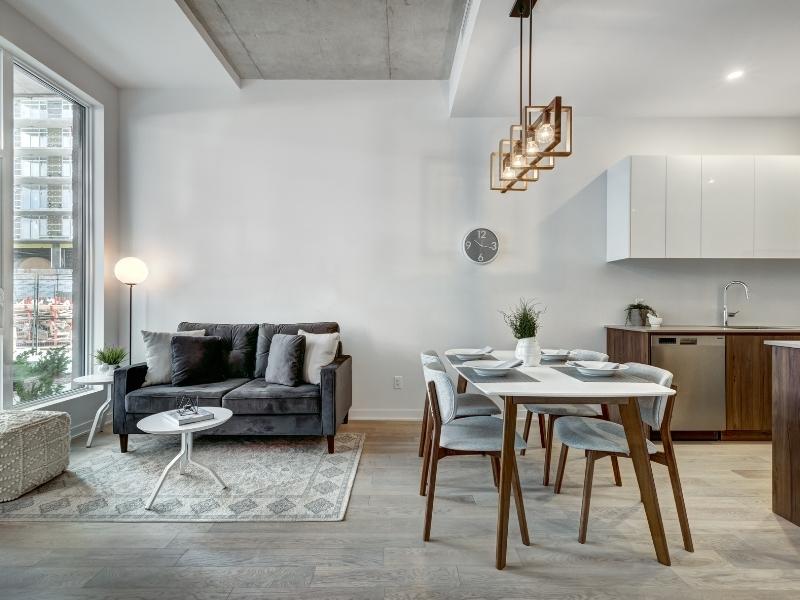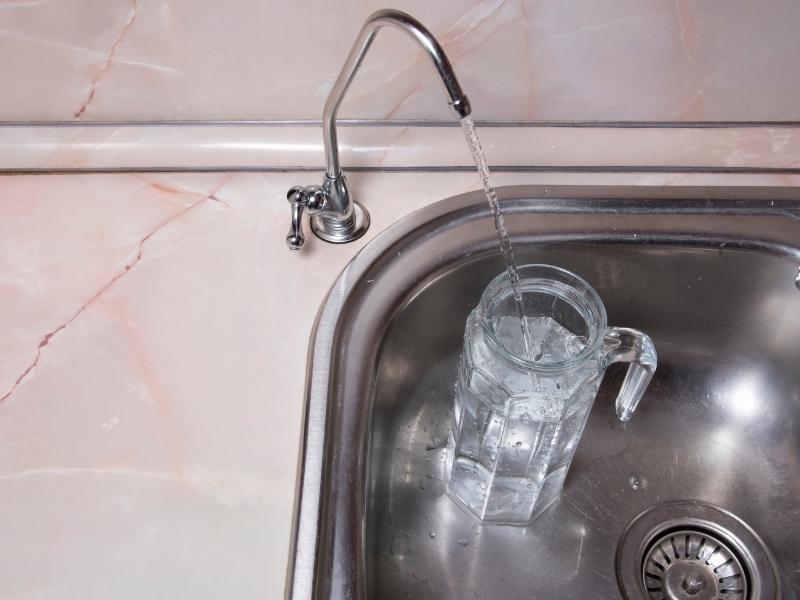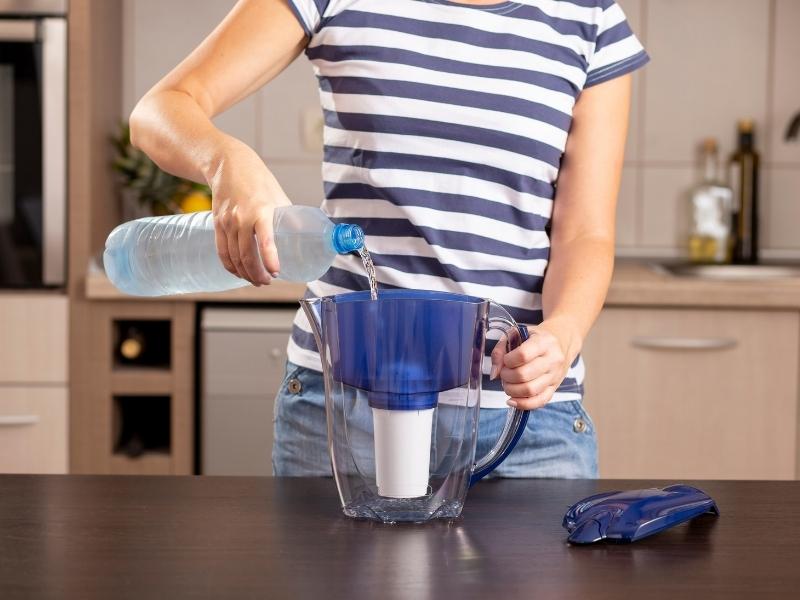How to Pick The Perfect Water Filter for Your Apartment's Kitchen

If you live in a small apartment, you know that every inch of space is precious. And when it comes to water filters, you need to choose wisely. Many different water filtration methods are available, but the best one for you depends on your individual needs and preferences.
This article will help you decide which filter best fits your apartment.
Filtration methods for city water
If you live in an apartment, you're most likely using city water. It's generally safe to drink, but it can contain impurities and chemicals. Check the website of your city's water supplier and look at the water quality report to see what's in your water and whether or not it meets safety standards.
Once you know what's in your water, you can decide which filtration method is best for you.
Here are some of the most popular filtration methods for apartment living:
Reverse osmosis: is often seen as the 'Rolls-Royce' of water filtration, but it can remove beneficial minerals from your water, so it's not always the best choice. Lowes.com sells several RO filters perfect for apartments.
Carbon filters: are popular due to their effectiveness, availability, and affordability. Carbon filters can remove many impurities, including chlorine, lead, and other heavy metals.
Ceramic filters: another popular choice, ceramic filters, are effective at removing bacteria and viruses. They're also long-lasting, which makes them a good investment.
UV light: this method uses ultraviolet light to kill bacteria and viruses. It's very effective, but it doesn't remove impurities or metals from your water. UV is best if you use it in combination with other filtration methods.

Distillation: involves boiling water and then collecting the resulting steam. It's very effective at removing impurities, but it can be time-consuming. Distilling one tank can take several hours.
Size matters (and appearances does too!)
Now that you know the different filtration methods available, how do you pick the right one for your apartment's size? And if you're worried about your kitchen's appearance, which filters have the best design?
Here are the most suitable form factors for apartment living.
Pitcher filters: best overall for saving space
Pitcher filters are a good choice if you're short on space. They're small and easy to store in a cupboard or fridge, and you don't need to connect them to your tap. A pitcher is likely to be the best option for most apartment dwellers, and there are many different types available.
Brita and Pur offer conventional activated carbon filtration, but alternative options are available if you have other special requirements. For example, HomeWaterResearch recommends four alkaline pitchers that can reduce the acidity of your water.
The downside of pitcher filters is that they can be slow, and you have to remember to refill them regularly.

Countertop filters: best for larger kitchens
Countertop filters are great if you have a decent-sized kitchen with plenty of countertop space. They're also very portable, so you can take them with you if you move.
Many people choose to install a Big Berkey Phoenix Filter or similar gravity-fed stainless steel systems. These are highly regarded for their long-lasting filters and sleek, industrial look. Because they don't require electricity or a connection to your faucet, they are incredibly reliable during power outages or water emergencies.
On the other hand, countertop filters can be a bit of an eyesore, and they need to be connected to your kitchen tap.
Under-sink filters: best for kitchens with limited countertop space
If you have limited countertop space in your kitchen, an under-sink filter is a good option. They're easy to install and generally out of sight so that they won't cramp your style.
However, under-sink filters can be more challenging to change and maintain than other filters.
Faucet filters: best for flexibility
Faucet filters are a good choice for filtered or unfiltered water. You'll install an extra faucet that dispenses filtered water only. So you can wash the dishes with unfiltered water and drink filtered water. They're easy to install and use and don't take up much space.
The downside of faucet filters is that they can be less effective than other filters
Go forward and filter!
So, whether you're looking to remove impurities, save space, or just have some filtered water on hand for when you get thirsty, you now have the knowledge you need to choose the perfect filter for your apartment. No matter what kind of filter you choose, always remember to drink plenty of water!